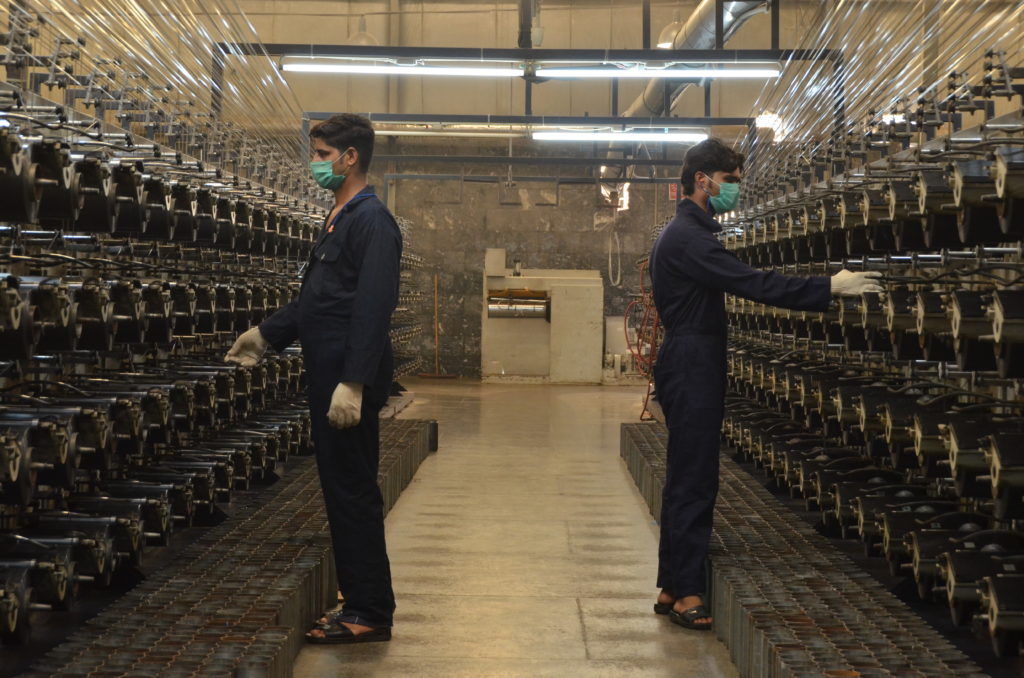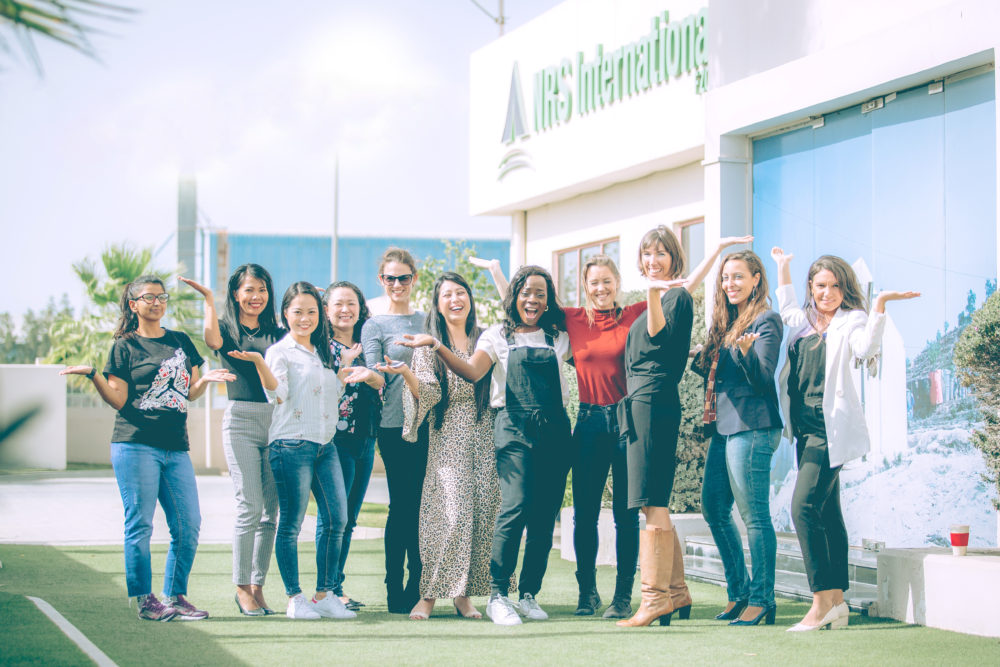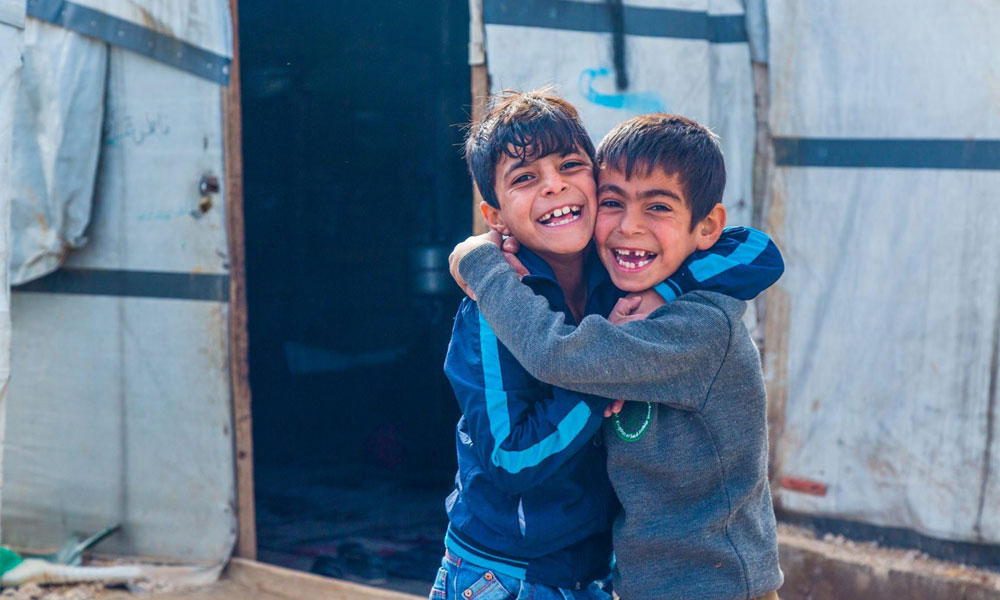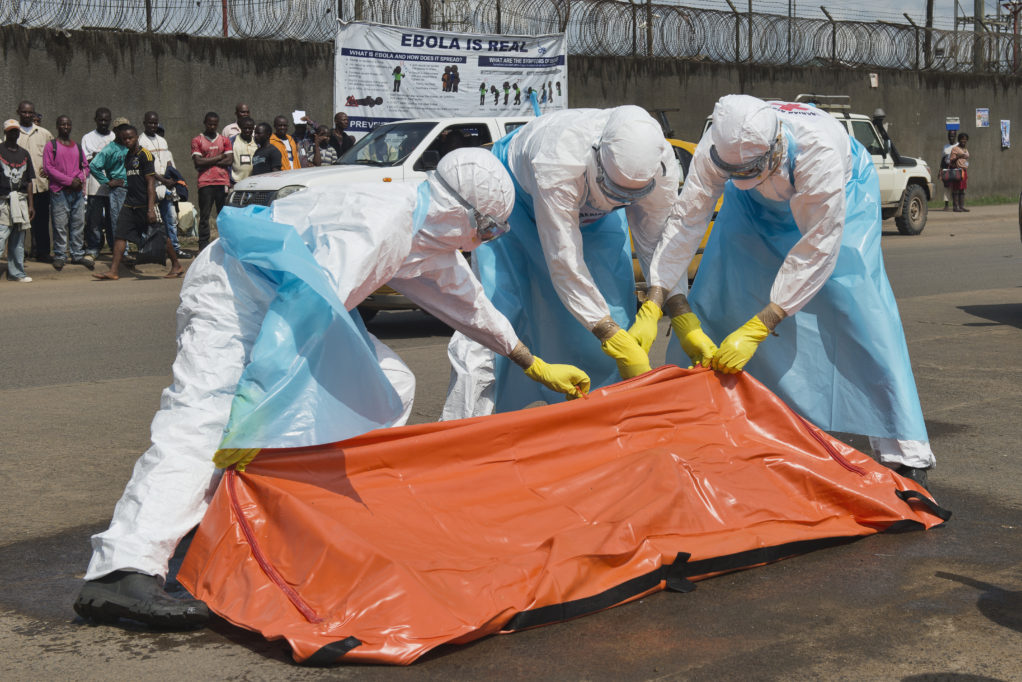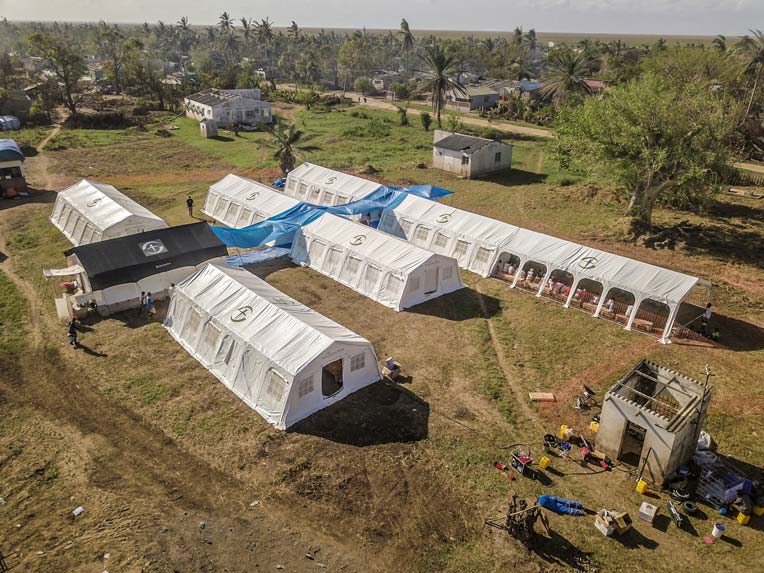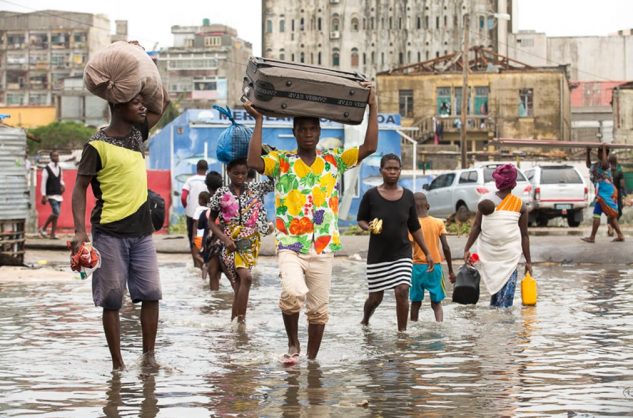NRS International is going ‘all in’ on SDG 12
With the growing number of health and humanitarian crises today, millions of relief items are distributed to the affected populations every year. Most people are unaware of the production effort it takes to address these emergencies. Last year alone, we at NRS International have provided 77 million relief and health products, reaching 135 million beneficiaries worldwide.
The demand for relief essentials and long-lasting insecticidal nets is imperative and immediate. And yet, we should no longer use that as an excuse for ignoring the social and environmental impacts caused by their production. It is time for the humanitarian supply chain to take the responsibility upon themselves to reduce their impact on the planet since the beneficiaries are in no position to take on that burden.
Keeping that in mind, NRS International has decided to go ‘all in’ on Sustainable Development Goal (SDG) 12 – Sustainable Production and Consumption. To us, half of the targets under SDG 12 speak directly to humanitarian suppliers, and we have decided to embrace them in our corporate strategy, namely:
- Efficient use of natural resources
- Reduce, recycle and reuse
- Sustainable procurement
- Sustainability reporting
- Chemicals and waste management
Inspired by SDG 12 and international corporate sustainability trends, we are taking a stronger grip on our social and environmental indicators, tracking them periodically and systematically in order to monitor our progress. Our goal is to gradually increase the insertion of those aspects in our public reports. We certainly hope transparency spreads across the humanitarian sector and we aim to provide our buyers with sustainability benchmarks to facilitate procurement decisions.
Inspired by our customers, UN agencies and aid organizations, we are also engaging our own suppliers more deeply on sustainability aspects. For the past few years, we have seen an increase in questionnaires, audits and general inquiries regarding our production that go beyond quality. The SDG 12 target on ‘sustainable procurement’ was first intended to target governments. However, it was soon aimed at corporations and, more recently, UN agencies such as UNICEF, which has released their own supply/procurement procedure based on SDG 12.
Earlier in 2018, the International Federation of Red Cross (IFRC) has launched an important ‘Green Initiative’ asking humanitarians suppliers to calculate the carbon footprint of their relief products. This is particularly relevant when considering that close to 100% of our product portfolio uses plastic as raw material, which is a crucial quality requirement. In fact, strict technical specifications and quality control have been one of the cornerstones in humanitarian procurement. These products must withstand harsh climates and precarious conditions to serve their purpose.
Adamant to not compromise the quality of our products, we have implemented procedures to reduce the impact of plastic on the planet. For example, we have a zero-waste policy and in-house recycling facilities. We recycle and reuse our plastic waste as much as we can, mostly on packaging material, accessories and items for internal use. And whatever is not repurposed, we still recycle it into granules and sell it to local factories for reuse.
In fact, we have actually started to get creative with our waste and introduced two upcycling ideas recently. The Peace Doves project, a partnership with UK-based NGO Empathy Action, resulted in 650 doves made from leftover refugee blankets, with a special touch from some of our female workers in Pakistan. The doves are intended to be a token of hope and peace for anyone wishing to spread that message. Our Tent Tote project aims to produce bags made from tent material offcuts, such as poly-cotton and tarpaulin fabric. These bags are literally made from the same batch of tents that are sheltering displaced, vulnerable people out there. The Peace Doves and Tent Tote are non-profit upcycling projects from NRS International with the aim to raise awareness for refugees and promote a sustainable humanitarian supply chain. We hope organizations will support us in extending the life span of these products. They make a great corporate gift, and these two projects represent an essential step towards a circular economy for relief items.
NRS International stands firmly behind SDG 12 as sustainability for us means responsible production. Just like any other private company, we also need financial sustainability and profit to survive, and we acknowledge that ignoring social and environmental impact is bad for business. However, as a humanitarian supplier, we recognize that we are part of a supply chain too important to fail, and that sustainability means, in many ways, honoring the purpose of our products.











